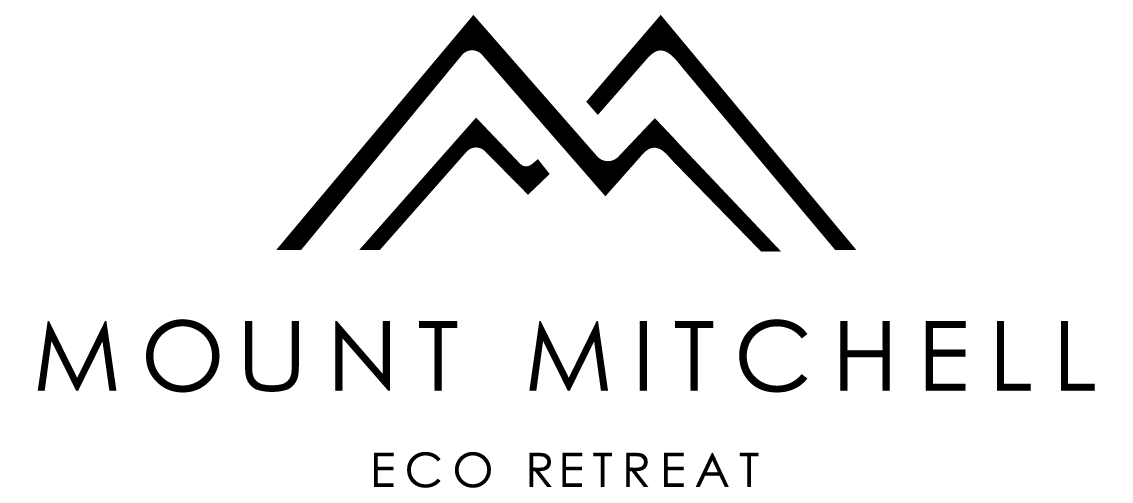Susan
Reiki found me long before I found Reiki! For many years, I had books about Reiki sitting on my bookshelf before I started studying Reiki. I believe that all things happen at the right time and when the student is ready, the teacher will arrive. I began my Reiki journey in 2014 while living in Pensacola, Florida studying under two beautiful teachers - Willow Connolly and Sudevi Kramer. After moving to the mountains of Western North Carolina, in 2016, I continued my training exclusively under Odilia Forenza at the NC Reiki Training Center in Asheville. Odilia’s selfless love of Reiki has deeply inspired me to want to share my own love of Reiki with others. Under Odelia, I obtained the following Reiki attunements in the Usui/Tibetan Reiki Ryoho tradition:
- First Degree Reiki
- Second Degree Reiki
- Advanced Degree Reiki
- Reiki Master
I have also received my attunement as a Karuna Reiki® Master as outlined by the International Center for Reiki Training (ICRT).
Reiki Q&A:
What is Reiki?
Reiki is a relaxation technique for stress reduction that also promotes self-healing.
How is a Reiki treatment given?
In a standard treatment, the client is usually laying on a massage table, but treatments can also be given while the client is seated or even standing. The client remains fully cloth. The practitioner places her/his hands on or above the client’s body in a series of hand positions. Each position is held for three to ten minutes depending on how much Reiki the client needs at each position. The whole treatment usually lasts between 45 and 90 minutes.
How does Reiki Work?
The concept of ki or life force energy has been recognized since ancient times and goes by many names: in China it’s called chi, in Japan, ki, in India, Prana and science calls it biofield energy. This is an unseen energy that flows through all living things and directly affects the quality of health and one’s sense of well-being. When your life energy is low, you’ll feel weak and be more susceptible to stress and illness. When your life energy is strong, you’ll feel strong.
The main thing that reduces life energy is stress. Reiki is a method of dealing effectively with stress, making it less likely that you’ll get sick. It can also promote the body’s own healing process.
What can I expect to feel during a Reiki session?
During the session, you might notice a warm or tingling sensation in certain areas. In other areas, you might not notice anything at all. Even if you come in with a particular problem area, you may experience a sense of relaxation that affects your whole body. You might even fall asleep during the session.
How will I feel after a Reiki session?
Every person who tries Reiki has a different experience. Your experience from session to session can vary as well. Many people report feeling a sense of calm in their bodies. Others report reduced pain or a clearer mind. Some people say they notice old symptoms resurfacing in a sort of “healing reaction.” Other physical symptoms such as diarrhea may also occur as a normal reaction to the session.
Is Reiki a religion?
No, although Reiki energy is spiritual in nature, Reiki is not a religion.
Does Reiki take the place of seeing a regular doctor or practitioner?
No. Reiki works in conjunction with regular medical or psychological treatment. Reiki energy works in harmony with all other forms of healing, including drugs, surgery, psychological care or any other method of alternative care.
Is there anyone who should avoid Reiki?
No. It’s a gentle therapy that’s safe for anyone, including babies and seniors.
How do I find a qualified Reiki practitioner?
While there are various certifying bodies for Reiki, there are no minimum standards practitioners need to achieve. Your best bet is to find someone you feel comfortable with and can trust. Before you book your first session, ask questions: Which style do they use? Where did they learn to do Reiki? How long have they been practicing?

